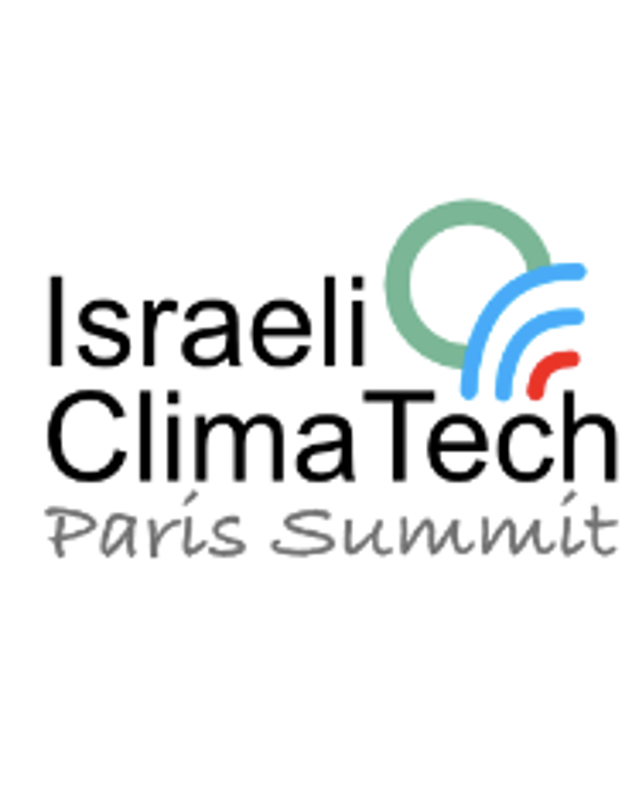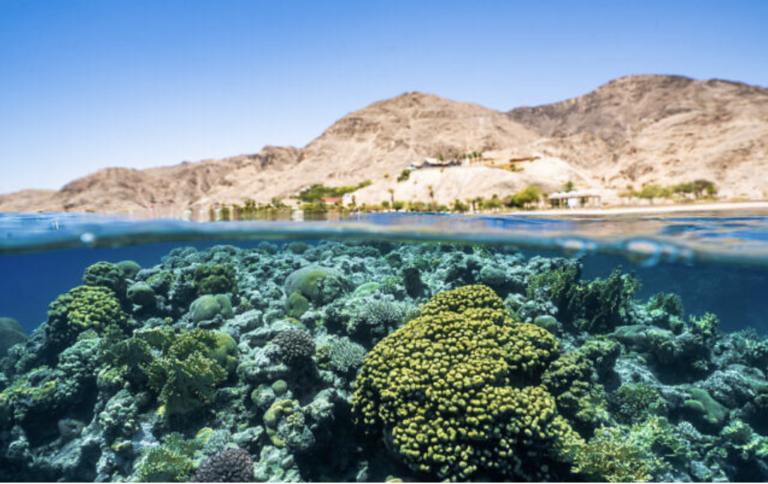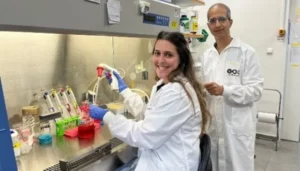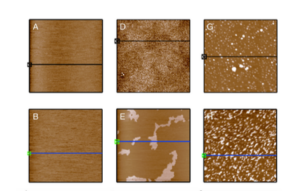CNRS (France), BGU (Israël), Rép. Tchèque : iEcology, que nous apprend le monde en ligne sur la Nature ?
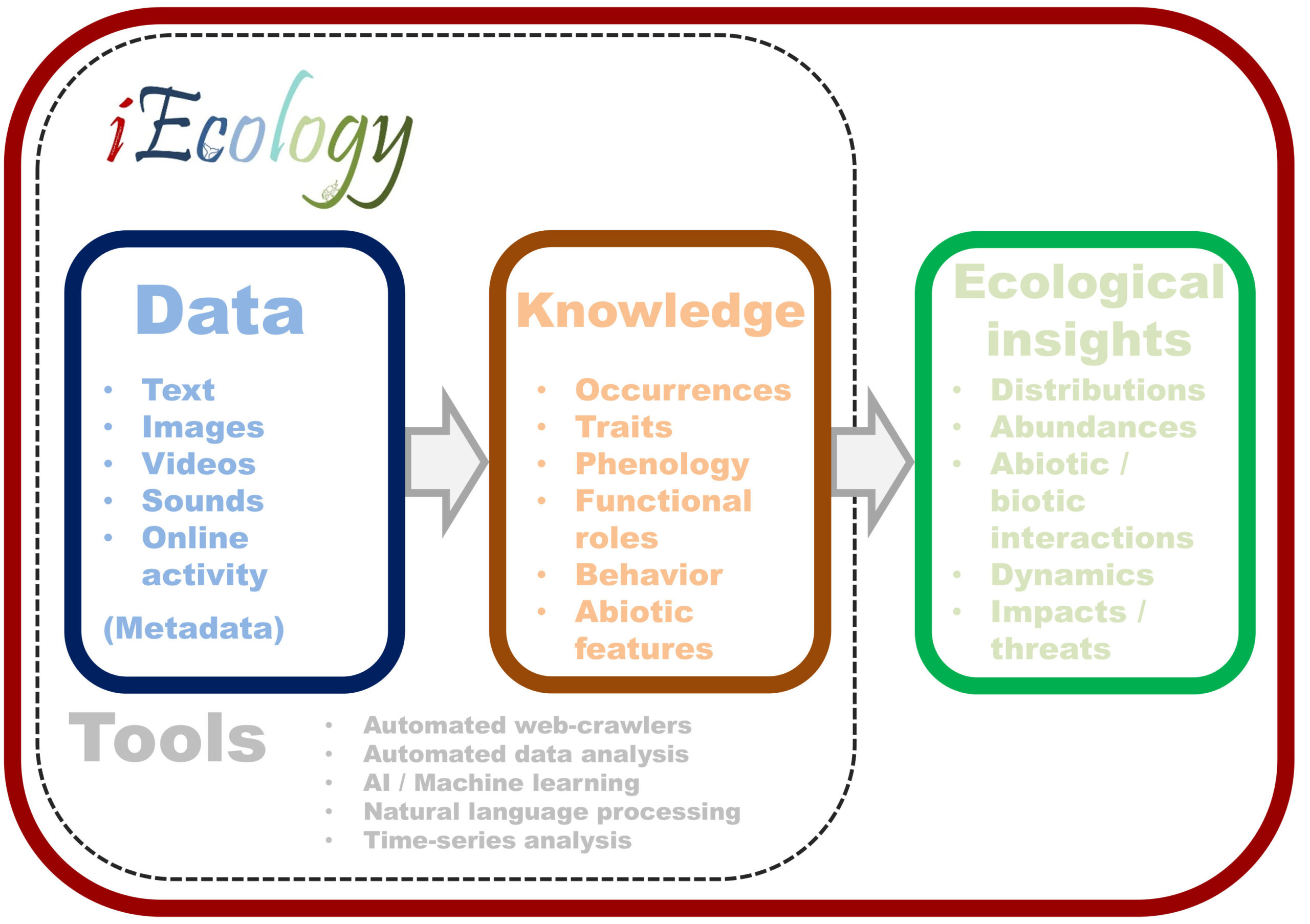
[:fr]
Nos interactions avec notre environnement se manifestent de façon croissante via le domaine numérique. Il peut s’agir de nos publications sur les médias sociaux, de recherche sur les moteurs Internet ou de visites sur différentes pages web. Nous pensons que la culture technologique d’aujourd’hui nous éloigne de la nature. Mais on peut trouver de nouveaux enseignements sur les animaux et les plantes dans ces données en ligne, vastes et en constante expansion. Ces données ne sont pas volontairement recueillies pour élargir des connaissances en écologie, mais sont un sous-produit de notre besoin d’enregistrer nos vies, et de rester constamment connectés. Une production liée à la nature qui constitue une nouvelle source d’information inattendue pour les écologues.
Un groupe de chercheurs internationaux, dont le Dr Uri Roll de l’Université Ben Gourion du Néguev en Israël, a exploré ces options dans ce nouveau domaine qu’est l’iEcology. Leur étude a cartographié les possibilités, les défis et les orientations futures potentielles.

D’après le Dr. Uri Roll (BGU), l’un des auteurs de l’article, de telles approches présentent un grand potentiel de conservation. Des populations et des espèces entières d’animaux et de plantes disparaissent sous nos yeux à un rythme sans précédent. Dans bien des cas, avant même qu’elles puissent être enregistrées. Les scientifiques ont besoin de toutes les bonnes volontés pour recueillir des connaissances écologiques et mieux comprendre comment notre impact sur l’environnement. iEcology promet de les aider sur tous ces fronts.
Esther Amar, fondatrice de Israël Science Info rappelle « qu’en octobre 2019, Uri Roll avait participé à la Première réunion pour la création du GIECO/IPBC organisée par le Fonds Institut de Médecine Environnementale (Paris) avec le soutien de la Société Internationale de Médecine Comportementale (International Society of Behavioral Medicine – ISBM) et accueillie par l’ONU ».
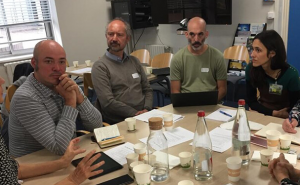
Les chercheurs décrivent iEcology comme « l’étude des modèles et des processus écologiques à l’aide de données en ligne générées à d’autres fins et stockées numériquement ». Plusieurs exemples mettent déjà en évidence le grand potentiel de telles approches pour accroître notre connaissance du monde naturel. Par exemple, l’exploration de la dynamique saisonnière du moment où les gens cherchent des espèces particulières dans Wikipedia peut mettre en évidence la véritable dynamique saisonnière des espèces. Une autre étude a analysé des photos en ligne (publiées par des internautes) d’oiseaux pique-bœuf et des divers herbivores sur lesquels ils se posent, ce qui a éclairé les interactions entre ces groupes d’espèces. Dans un autre exemple, une analyse des images vidéo du Tour-de-Flandre des 35 dernières années a permis de mettre en évidence les changements dans les périodes de feuillage et de floraison des arbres trouvés en arrière-plan des images.

Dr. Ivan Jarić (Biology Centre of the Czech Academy of Sciences), auteur principal de cette nouvelle étude, est très enthousiaste au sujet du potentiel de l’iEcologie. D’après lui, « les gens ont un besoin constant d’être connectés, et s’inquiètent de l’abus potentiel de ces données en ligne ». Cependant, avec iEcology, les chercheurs soulignent le bon côté de ce « déluge de données ». Il est maintenant possible d’en apprendre beaucoup sur l’endroit où vivent les espèces, quand elles sont actives de manières différentes et comment elles interagissent entre elles et avec leur environnement. L’iEcologie n’est pas considérée comme un substitut à l’écologie classique et de terrain très importante – mais plutôt comme un complément à celle-ci.

Selon Franck Courchamp, Directeur de Recherche au CNRS à l’Université Paris Saclay au sein du laboratoire ESE Ecologie Systématique Evolution (AgroParisTech), comme pour le monde naturel, « il y a d’énormes quantités de données qui s’accumulent en permanence sur le net, et les chercheurs commencent seulement à en percevoir le potentiel, aussi vaste que varié. Alors que les algorithmes de recherche, de calculs et d’analyses sont de plus en plus performants, la seule limite semble être la créativité des chercheurs pour détourner les données existantes en source d’information supplémentaire sur le fonctionnement de la nature« . Or, d’après lui, les écologues ne manquent pas de créativité.
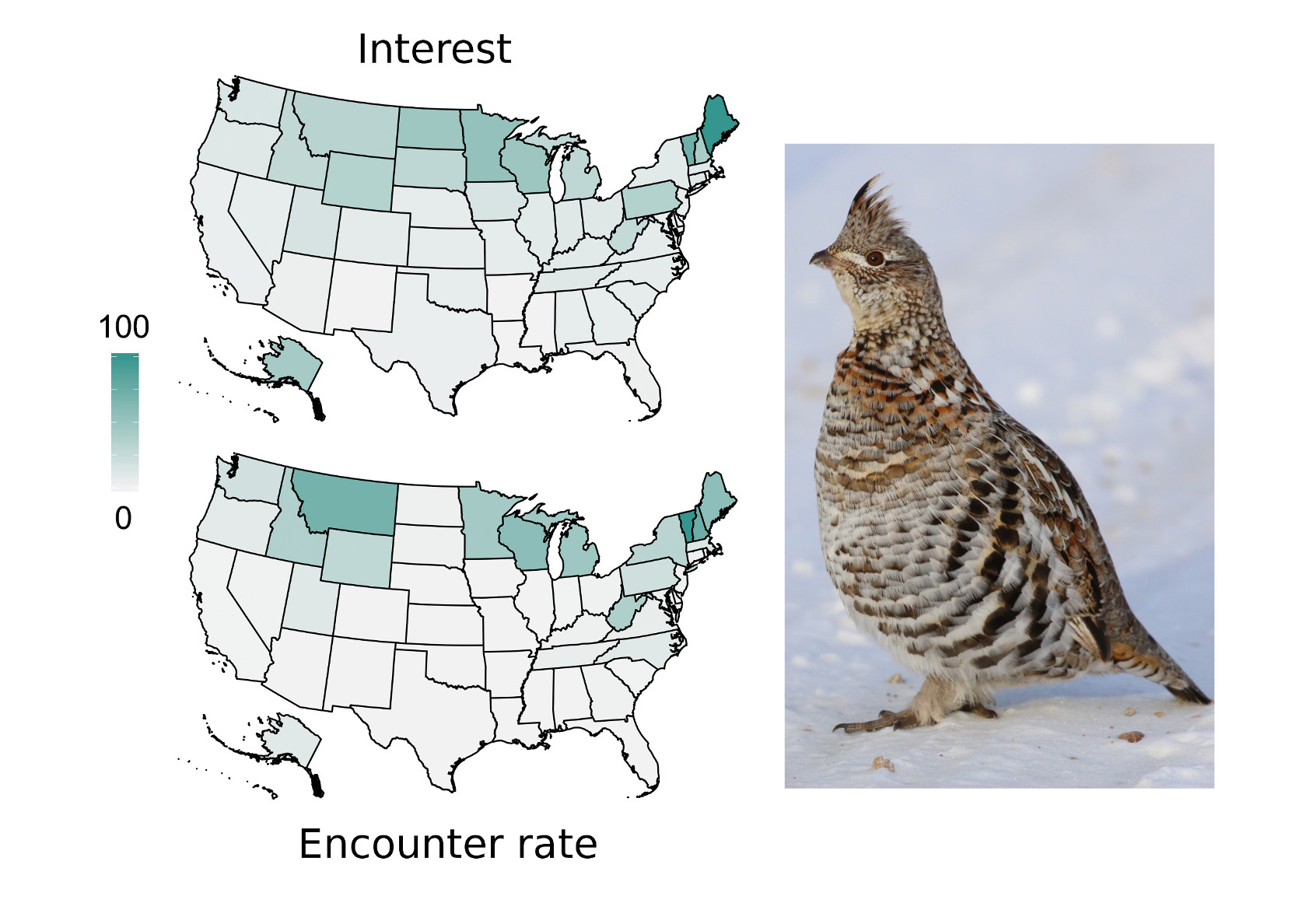


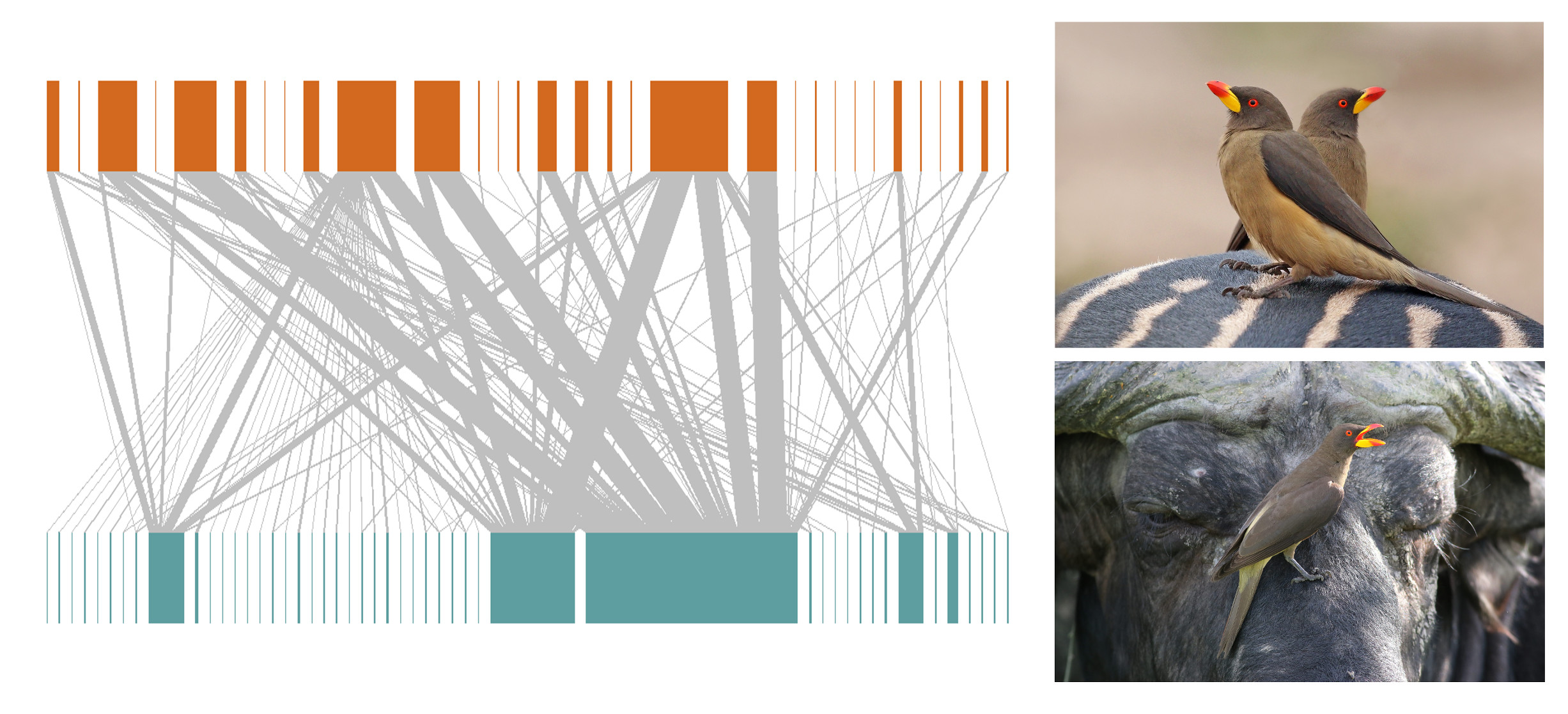
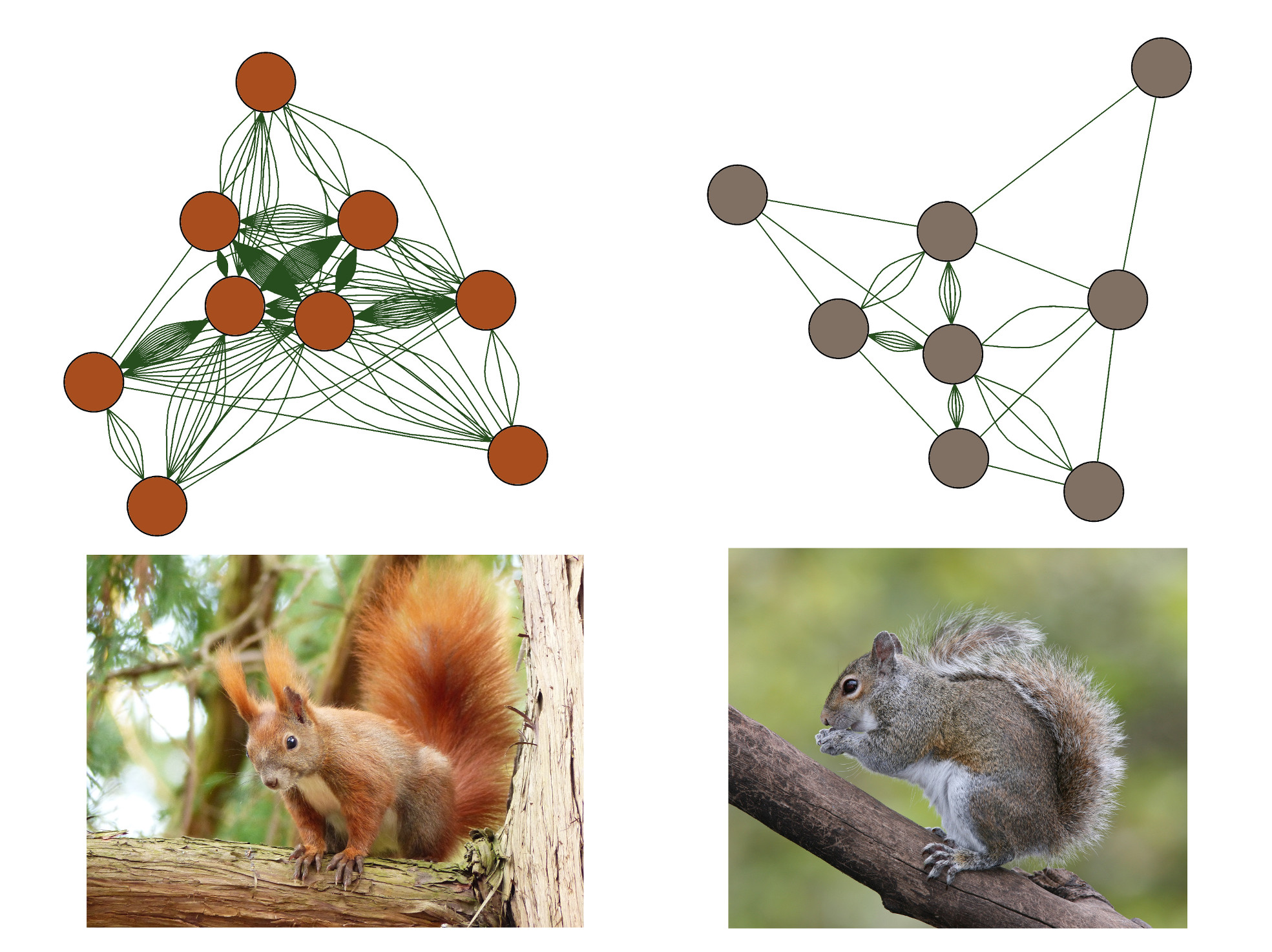
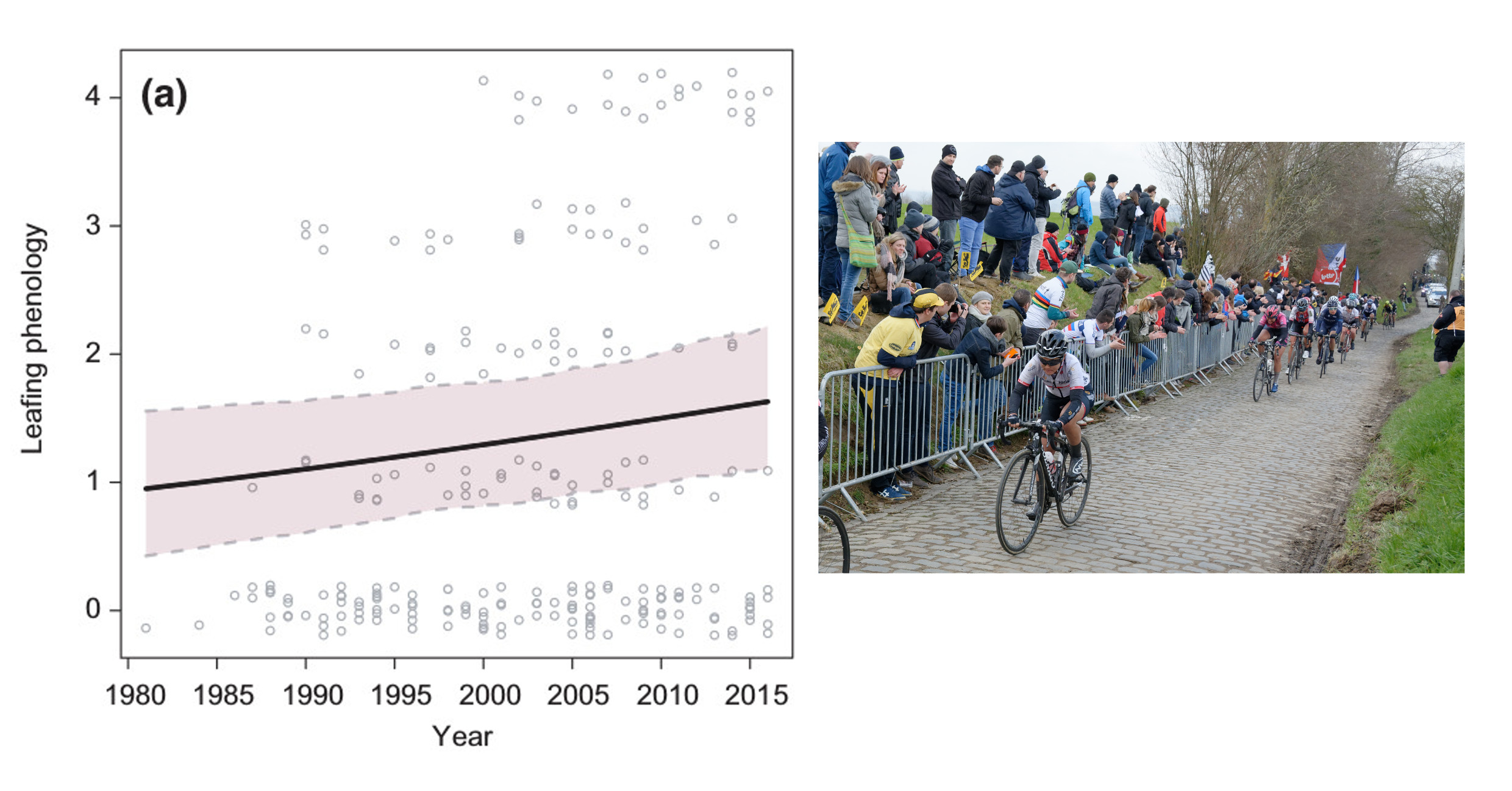
Voir aussi i-ecology.org
Publication dans Trends in Ecology & Evolution, 10 avril 2020
[:en]
An increasing amount of our interactions with each other, as well as with our environment is manifested in the digital realm. These may be our posts on social media, internet search engine patterns, or visits to different webpages. Although we may suspect that today’s technology culture is drawing us away from nature, within these vast and ever-expanding online data, entirely new insights about animals and plants can be found. Indeed, these are not data deliberately collected to expand our ecological knowledge, rather a welcome byproduct of our constant need to Google, Tweet, blog, record our lives, and basically stay constantly connected.
A group of international researchers led by Dr. Ivan Jarić (from the Biology Centre of the Czech Academy of Sciences), explored these options in a new field they term iEcology. Their study mapped this new field, its possibilities, challenges, and potential future directions.
Importantly, the researchers outline iEcology as the study of ecological patterns and processes using online data generated for other purposes and stored digitally. Several particularly interesting examples already highlight the great potential of such approaches to increase our knowledge of the natural world. For instance, exploring seasonal dynamics through when people search for particular species in Wikipedia can highlight true seasonal dynamics of species (see here for more details). Another study analyzed online photos (posted by internet users) of oxpecker birds and various herbivores they sit on, which illuminated the interactions between these species groups (see here for more details). In another elegant example, an analysis of video images of the Tour-De-Flanders filmed over the past 35 years enabled the highlighting of changes in leafing and blooming periods of the trees found in the background of the images (see here for more details).
Dr. Jarić, the lead author of the new study, is very enthusiastic about the potential of iEcology: “People are – rightfully – worried about our constant need to be logged-on, and potential abuse of these online data. However, with iEcology we highlight the silver lining of this ‘data deluge’”.
“We can now learn so much about where species reside, when they are active in different manners, and how they interact with each other and their environment. We do not see iEcology as a replacement of the classical and highly important field ecology – rather as being complementary to it. There are huge amounts of data constantly accumulating with vast and varied potential, just waiting to be used.”
Dr. Uri Roll (from Ben-Gurion University of the Negev), another author of the new paper, was particularly hopeful about the conservation potential of such approaches: “Populations and entire species of animals and plants are disappearing before our eyes at unprecedented rates. In many cases before we even get a chance to record them in the first place. We are at the eleventh hour and need all the help we can get to gain ecological insights and better understand how we affect the environment”.
“iEcology holds much promise to help us along all these fronts. I expect its use to increase greatly in the coming years as people become more aware of its potential, and the tools to analyze such data become commonplace.”
Publication in Trends in Ecology & Evolution 10 avril 2020
[:]

